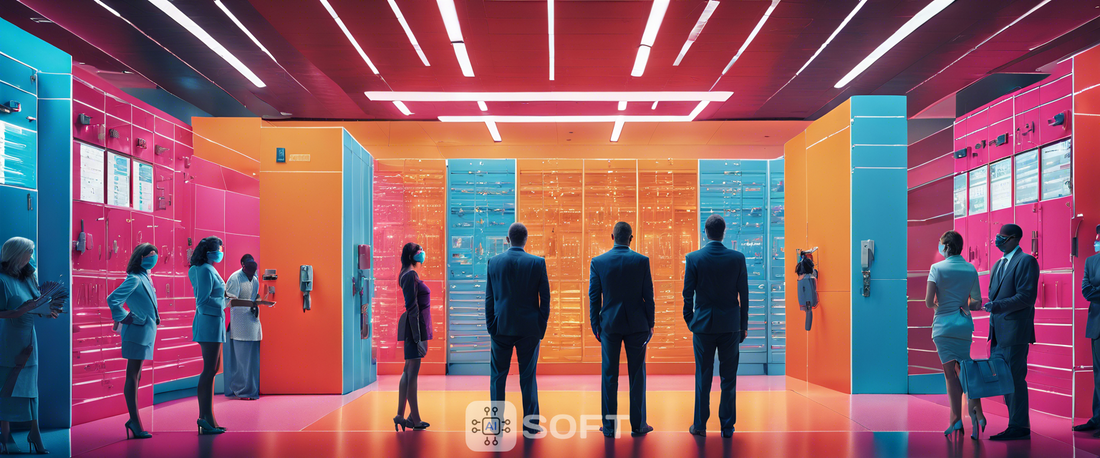
Massive UnitedHealth Data Breach Affects 100 Million People
Share
UnitedHealth Group Ransomware Attack: 100 Million Affected
In a significant cybersecurity incident, UnitedHealth Group has confirmed that a ransomware attack earlier this year compromised the private data of over 100 million individuals. This alarming revelation was documented in the US Department of Health and Human Services (HHS) Office of Civil Rights (OCR) Breach Report, marking it as the largest healthcare data breach recorded to date.
Details of the Ransomware Attack
The attack, attributed to the hacker group Blackcat (also known as ALPHV), occurred in February and caused severe disruptions in billing, claims processing, payroll, and prescriptions among healthcare providers for several weeks. Such widespread ramifications underscore the vulnerability of the healthcare sector to cybersecurity threats.
Extent of the Breach
According to the HHS FAQs page, Change Healthcare, the target of the attack, informed OCR on October 22nd that it had dispatched around 100 million individual notifications to those whose data was compromised. The stolen information potentially includes:
- Health Insurance Information: This may encompass details regarding primary and secondary health plans, insurance companies, member/group ID numbers, and government payor ID numbers (Medicaid/Medicare).
- Health Information: Data such as medical record numbers, provider details, diagnoses, medications, test results, and treatment histories are also at risk.
- Billing and Payment Information: This includes claim numbers, account information, billing codes, payment methods, and balances due, which are integral for financial transactions within the healthcare system.
- Personal Identification Information: Sensitive personal information like Social Security numbers, driver’s licenses, state ID numbers, and passport numbers have also been compromised.
How the Attack Occurred
According to reports, UnitedHealth CEO Andrew Witty testified before a House committee, revealing that the attack was facilitated by threat actors using stolen credentials for a Citrix remote access service, which notably did not have multifactor authentication enabled. On February 12, cybercriminals gained remote access through a compromised Citrix portal, allowing them to navigate through the system and exfiltrate sensitive data before deploying ransomware nine days later.
Impact and Response
In response to the attack, UnitedHealth paid a staggering ransom of $22 million to the attacking group. However, the risks remained as another operation threatened to leak the compromised data further, potentially leading to an additional ransom payment.
Conclusion
This incident highlights the urgent need for enhanced cybersecurity measures within the healthcare industry. As data breaches become increasingly common, it is crucial for organizations to adopt robust security protocols, including two-factor authentication and comprehensive monitoring systems, to protect sensitive information.
Learn More About AI Chat: Your Gateway to Interactive Conversations
In a world where digital interactions are critical for success, staying informed and secure is paramount. For engaging and dynamic conversations, consider downloading the AI Chat mobile app for iOS or AI Chat for Android. Experience token-based AI communications that offer creative companionship and expert advice like never before.


